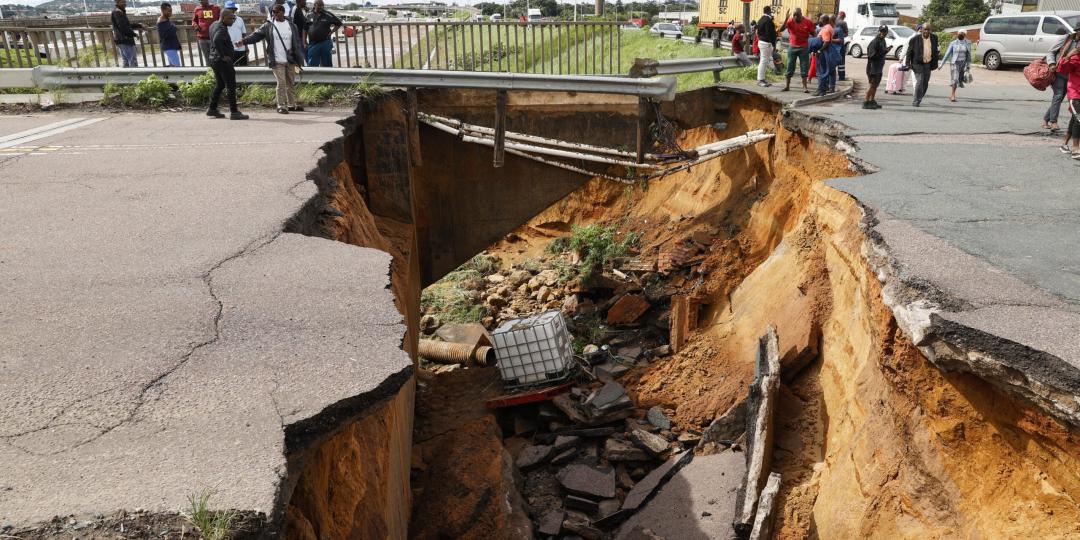Supply chain dynamics in the shipping industry are driving global and local inflation to levels not seen for decades, which will affect the cost of goods and transport.
Samantha Boyd, Old Mutual Insure chief executive for Specialty Insurance, told Cover that, in the past 18 months, the rate for a single shipping container had increased dramatically since the Covid-19 pandemic disrupted supply chains and trade channels.
“The impact of this situation on South Africa could undermine post-Covid-19 economic recovery. Consumers and businesses may have to make difficult trade-offs when it comes to the transportation of goods, paying an inflated price for these items and coping with shortages,” said Boyd.
A United Nations Conference on Trade and Development (UNCTAD) report forecast that the surge in global container shipping rates could drive the price of goods 1.5% higher in 2022, while inflating import price levels by 11%. The report warned that smaller, emerging market economies that were dependent on imports were likely to be worst hit.
However, apart from rising prices, Boyd said South Africa faced the additional challenge of congestion at Durban Port following the recent floods. The port handles 60% of the country’s citrus exports.
Roads leading to the port were severely damaged during the floods, which has had implications on agricultural products in storage.
“The recent floods highlight the need for thorough risk management of storage exposures that fall into the marine insurance space and underwriting of marine storage risks, in collaboration with experienced static risk underwriters,” said Boyd.
According to the Bureau for Food and Agricultural Policy (BFAP) the agricultural sector was being impacted by bottlenecks at local ports, noting that it was battling to ship table grapes within 21 days, as it was currently taking up to 50 days.
According to Marine Insurance Forum, delay losses have increased five-fold.
Perishable cargo like fruit is only covered by specific extensions to cover delays and this is provided by a limited number of insurers. The number of insurers who offer extended cover are now declining this cover due to the increased delays in worldwide shipping from 2020 that is still ongoing.
“The infrastructure troubles we are having, as well as the result of the KZN floods, is likely to add further delays, which may result in insurers no longer offering delay cover at all,” said Boyd.
The logistics of moving cargo between Gauteng and Durban have been delayed and backlogged due to infrastructure damage between these two areas as well as around the Durban Port precinct.
Boyd said cargo risks were widely spread between these two areas and countrywide. “In addition to the backlog caused by infrastructure damage, the corridor between JHB, DBN and Richards Bay will see a significant increase in trucking volumes, as mined cargoes will be conveyed by road due to rail line infrastructure damage. This increases the risk of losses from various perils of road freight cargo that is exposed on this route, with the increased traffic volumes.”
She said policyholders who purchased imports with the insurance placed by the seller might be exposed to losses if cover had not been taken up for the tail-end risk of those imports, which was the land leg of the cargo from the port of discharge in South Africa to a final destination in the country.













